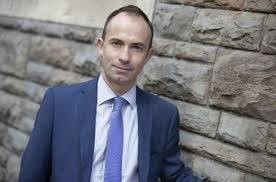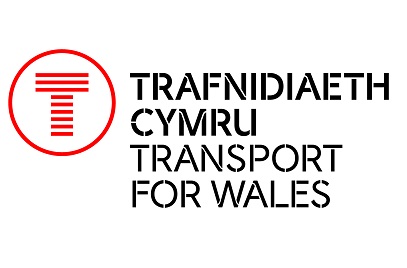
In this weeks exclusive transport column, James Price, Chief Executive at
Transport for Wales reviews the first nine months of the company in operation.
It’s hard to believe that we are now entering our ninth month at Transport for Wales. For us, as a new organisation, we are continuously growing, welcoming new faces and are in the process of finalising our structure and teams.
Summarising our opening period and looking forward into the future, it’s clear for us that as we move forward and continue to progress, we will be working between two spheres; the short term and long term.
Considering the long term, we will be investing £5 billion over the next fifteen years, including a £800 million programme that will ensure that by 2023, 95% of journeys on our network will be on new trains. We will spend £194 million on station improvements and build at least five new stations. Launching the South Wales Metro we’ll transform our valley lines through an investment of £738 million.
Just through considering those main headline figures, it’s evidently clear that the rail service that we’re currently using (and I say that as a commuter and customer myself) will be totally transformed within five years.
It is also evidently clear, that there is a mammoth task ahead and one that will have its challenges. However, it’s a very exciting time and working for Transport for Wales presents us all with a great opportunity to improve the cultural, environmental, social and economic well-being of Wales.
If we now focus on the short term, we have inherited an ageing fleet of trains with obvious problems and there continues to be issues with capacity and cancellations. We recognise that we need to provide short term solutions and our teams are working extremely hard to introduce additional rolling stock which will alleviate pressure.
The recent introduction of the loco-hauled Class 37 trains on peak services on our busy Rhymney Valley line is a clear example of where we are providing short term solutions to benefit our customers.
Since the start of Transport for Wales, our decision-making process has been focused on our customers.
As a regular commuter on TfW services myself, I’m constantly exposed to the customer experience and understand where we need to improve. Our primary objective is to develop a network of regularly running trains, that are on time and provide enough capacity for our customers. Building on this in the long-term, we aspire to go beyond what is expected today and transform the customer experience, through looking at the ways we interact with our customers, how they receive travel information, what facilities are available to them to how they purchase their tickets.
Our aim is to create a transport network of which people can be proud.
As we review our initial nine months, it’s important to recognise what we have already delivered. Again, moving between the two spheres, it’s easy to become distracted by the very large-scale, long-term plans that will revolutionise travel throughout Wales. However, if we focus on the short-term, so far, we have delivered on everything that we said we would.
We successfully introduced our May timetable with 215 extra services per week between North Wales and Liverpool; new performance measures are now being used to improve punctuality; delay repay 15 has been set up to make it easier for our customers to claim compensation; over 3,000 new advanced fares are now making it cheaper for the customer and the launch of our Community Rail Vision will see over £600,000 invested every year into community rail.
Finally, on top of this we have already created 120 jobs.
It’s been a fast moving and challenging first period, but we are delivering and excited about our future plans and the huge impact these will have on the people of Wales.



More About James Price
James took up the post of Chief Executive at Transport for Wales in January 2018 after a period of two years in which he was Chair of Transport for Wales during its start-up phase.
James was Deputy Permanent Secretary at the Welsh Government and was the additional accounting officer for Economy, Transport, Skills and Natural Resources, leading a team of around 2,500 Civil Servants until the end of 2017.
James started his career in Civil engineering contracting before moving into the Civil Service.
James is a professional Economist by training and background having held a number of different roles across the UK with the Welsh Government, the UK Government and with Government-owned Agencies in Wales and England. Since 2007, James has held responsibility for infrastructure delivery for the Welsh Government, firstly as Director for Transport and subsequently as Director General and Deputy Permanent Secretary.















